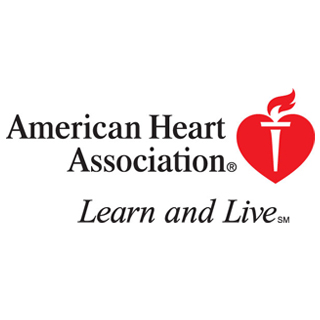
The current study included 390 ischemic stroke patients around three days after their stroke. The analysis did not comprise of patients who impaired their ability to speak after the stroke or if they were incapable to participate. They revealed that fourteen patients consumed alcohol one hour before the stroke. Scientists further observed that the relative risk of stroke post alcohol; consumption was 2.3 times greater in the first hour, 1.6 times higher in the second hour and decreased 30 percent below baseline post 24 hours.
Findings remained the same irrespective of wine, beer or distilled spirits consumption. Further, findings did not change when experts excluded patients who were exposed to other stimulators. They identified that one patient consumed more than two drinks before the stroke, however eliminating this data did not distort the pattern.
Murray A. Mittleman, M.D., Dr.P.H., senior author of the Stroke Onset Study (SOS) and director of the Cardiovascular Epidemiology Research Unit at Beth Israel Deaconess Medical Center in the Harvard Medical School in Boston, Mass shares, “The evidence on heavy drinking is consistent: Both in the long and short term it raises stroke risk. But we’re finding it’s more complicated with light to moderate drinking. It is possible that the transiently increased stroke risk from moderate alcohol consumption may be outweighed by the longer term health benefits”.
Experts examined that after drinking, blood pressure increases and blood platelets turn thicker. This seemingly augments the possibility of a clot forming. On the contrary, small amounts of alcohol are linked with positive changes in blood lipids and flexible blood vessels which may lower the risk.
Mittleman quotes, “At this point we don’t have enough evidence to say that people who don’t drink should start, or that people who drink small amounts on the order of one drink a day should stop”.
He further says that a precise answer would require a controlled study including patients who are randomly selected to consume alcohol whereas, other will not consume alcohol. Experts conclude that these findings may not be relevant to patients with severe stroke.
Scientists advice to consume alcohol in moderate levels particularly not more than two drinks per day for men and one drink per day for women. Greater intakes will lead to alcoholism, high blood pressure, obesity, stroke, breast cancer, suicide and accidents. Consult your doctor on the benefits and risks of consuming alcohol in moderation.
These findings were published in Stroke: Journal of the American Heart Association.
